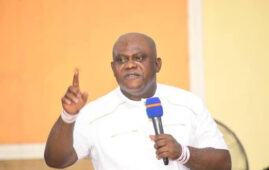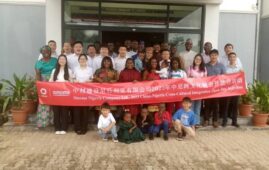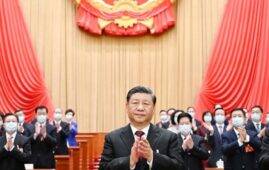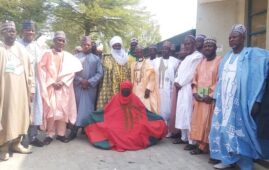In August 2018, Chinese President, Mr. Xi Jinping underlined thorough and solid cooperation under the Belt and Road Initiative (BRI) to benefit people in countries involved and build a community with a shared future for humanity.
Xi also solicited for efforts to uphold dialogue and consultation, joint contribution, shared benefits, win-win cooperation, exchange and mutual learning and to promote political mutual trust, economic integration, and people-to-people exchanges with the Belt and Road countries in order to advance the initiative step by step, producing achievements.
It is important to note that in2013 when Xi proposed the building of the Silk Road Economic Belt and the 21st Century Maritime Silk Road — the Belt and Road Initiative for short not many nations accepted it, but as of July 2018, more than 100 countries and international organizations had signed Belt and Road cooperation documents with China including Nigeria.
There is no doubt that Nigeria as a member has benefitted from the high-quality development this initiative offers which is the priority of jointly advancing development to realize full economic growth at its best.
The Abuja – Kaduna Train Service as well as the Abuja Rail Mass Transit Project stand out as a big testimony to the gains of Belt & Road Initiative as it has pushed for progress in transportation sector of the economy, by delivering real benefits to Nigeria peoples.
Lastly it is on record that President Xi noted that BRI was not only aimed at economic cooperation but also an important pathway to improve global development patterns and global governance and promote the healthy development of economic globalization.
The wide support the BRI is enjoying from Nigerian peoples given its projects which are spreading prosperity by opening more economic corridors, it clearly shows that Nigeria is ready to collaborate with China as a dependable ally for mutual benefit and shared prosperity.
Quote










Leave a Comment